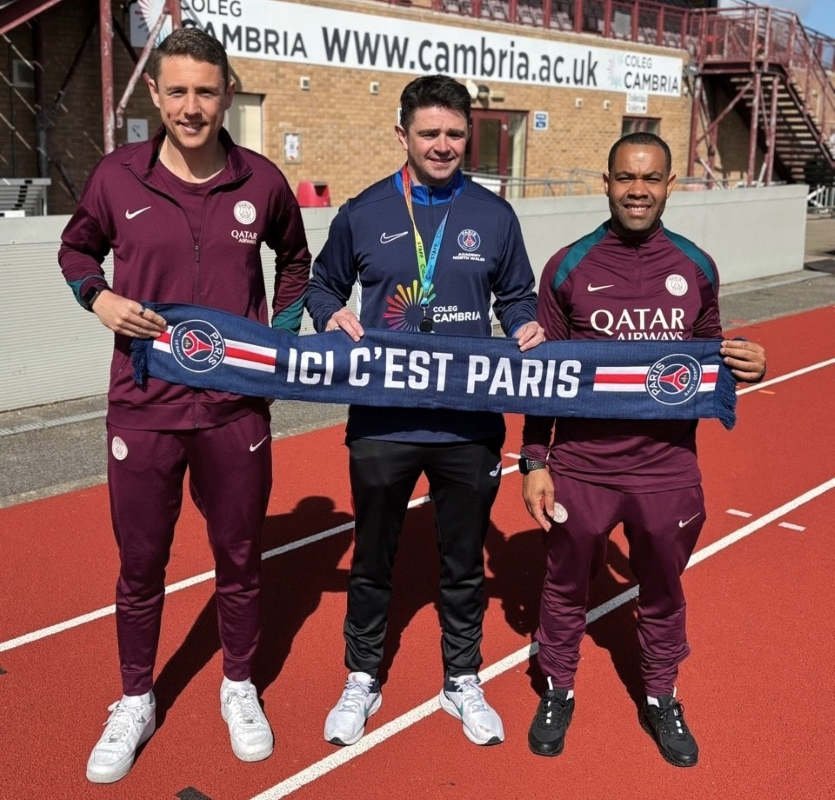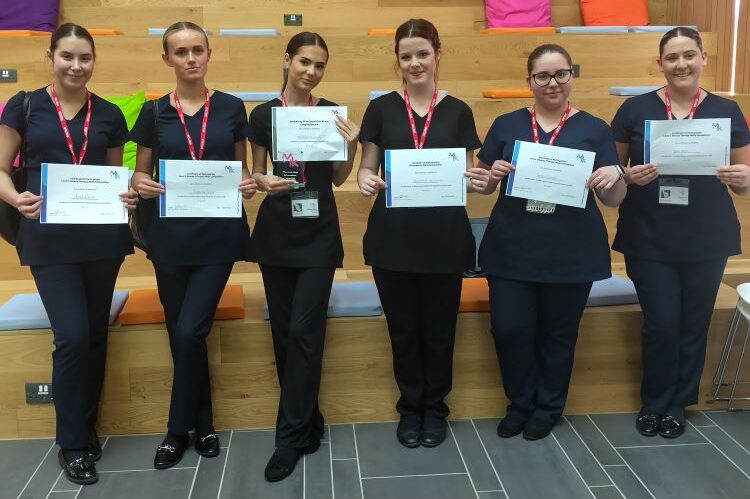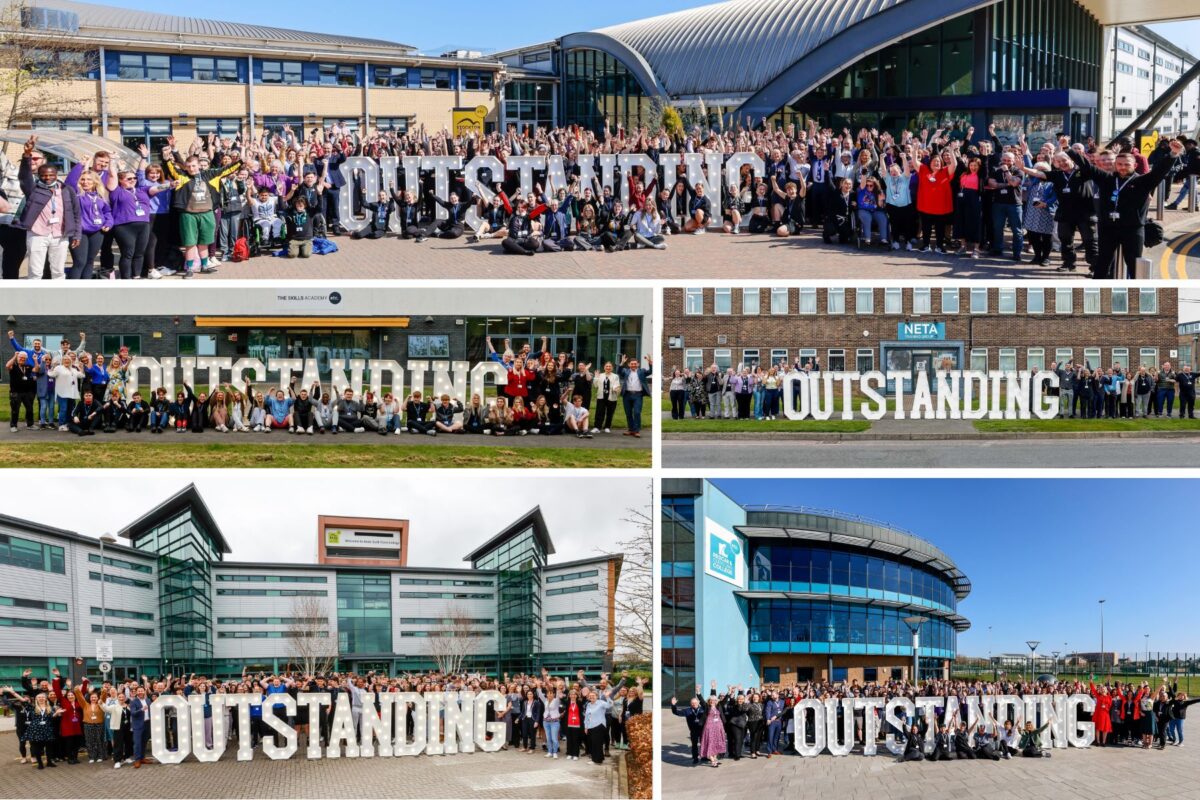Can AI bridge the UK’s Careers Guidance gap?

Careers expert Morrisby is outlining how the delivery of career guidance in the UK could be reset as it launches its new report looking at the impact of AI on the future of the industry.
According to Morrisby, AI could significantly improve how careers guidance is delivered in the UK, helping to patch the holes in current provision and create more equity.
The report, co-authored by Associate Professor Deirdre Hughes OBE and Dr Chris Percy, career development specialists and AI innovators, explores how AI-powered platforms could extend reach and offer more personalised and up-to-date advice to create a more inclusive and effective all-age careers support system.
Research from Demos suggests 9.7m people in the UK lack access to essential career guidance. In schools, the current ratio of students to suitably qualified careers advisers makes it impossible to provide a meaningful experience to every young person who needs it, which sees many left behind. More than one in 10 haven’t had an interview with a qualified adviser by the end of Year 11 and students from lower socio-economic backgrounds in particular, engage less consistently in career development.
From matching job seekers with opportunities that align with their skills and aspirations to suggesting training programmes to fill skills gaps, or forecasting emerging career development trends based on real-time labour market data, AI could help individuals make more informed decisions about their education and employment options and close the “delivery gap”.
Far from replacing Careers Development Professionals (CDPs), the report argues for a human-centred, AI-enhanced approach, with the use of AI increasing the productivity of existing advisers and freeing them up to focus on those individuals who need more specialist support. An average productivity gain of 14% was found in an analysis of empowering customer service support staff with generative AI based tools. The report suggests the careers sector should be equally ambitious in accelerating careers provision.
The report proposes a range of ways in which near-term AI technologies could be deployed to support people in their next steps, from providing high level information on what different careers are like to finding adjacent roles/sectors to a role someone is interested in, analysing job adverts and company websites to better understand trends and providing information on application success rates.
Without investment however, Morrisby argues there’s a risk the UK will fall behind the curve, with other European countries like Finland and Norway already adopting AI in careers support services at a national level. The report argues that to meet the challenges of the next decade, a new careers support ecosystem must be co-created by educators, employers, career development professionals, technology developers and policymakers.
Early experimentation is key, with the report suggesting the set-up of an AI careers tech ‘sandbox’, where interventions can be tested without directly impacting outcomes. The report also lays out the potential pitfalls of AI and reiterates the need to ensure that AI-powered careers guidance develops in ways that are ethical, inclusive and beneficial to all.
Morrisby has already launched its first AI-powered product, CourseNav, which plugs into College websites to allow potential students to navigate their options more easily, instantly delivering information from across the site in response to questions.
Chris Glennie, CEO of Morrisby, said:
“The potential for AI to revolutionise how we match skills with opportunities, predict job trends, and personalise career paths is not just exhilarating, it’s necessary. Evidence shows investment in careers education, information, advice, and guidance generates substantial returns on investment by improving education, economic, and social outcomes. For too long too many people – adults as well as young people – have missed out on the kind of support that would guide them into the right career. We have an opportunity with AI to reset the system and ensure everyone has access to tailored support when they need it most. I hope the government lays out a pathway for the careers guidance sector in its upcoming Artificial Intelligence Opportunities Action Plan”.
Deirdre Hughes, a Founding Director of CareerChat UK, who co-authored the report, commented:
“In today’s rapidly changing world, career guidance is less about specific occupational choices and more about equipping individuals with the skills needed to navigate the disruptive and unpredictable nature of modern work and life. Humans will always be vital here but there’s an exciting opportunity for AI to be able to enhance the work that a Careers Development Professional can do, by their being able to concentrate on those people with most need in an even more personalised fashion than is currently possible”.











Responses